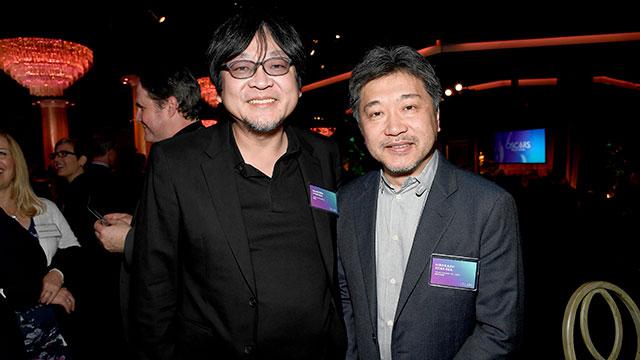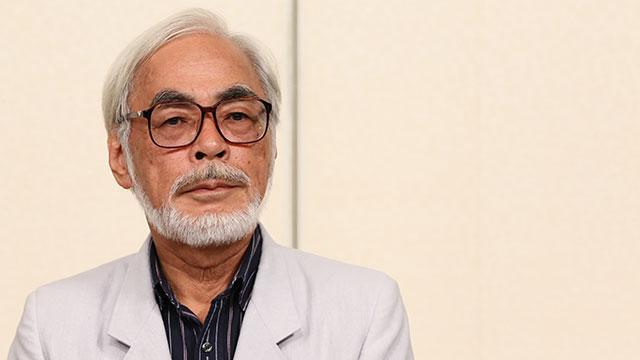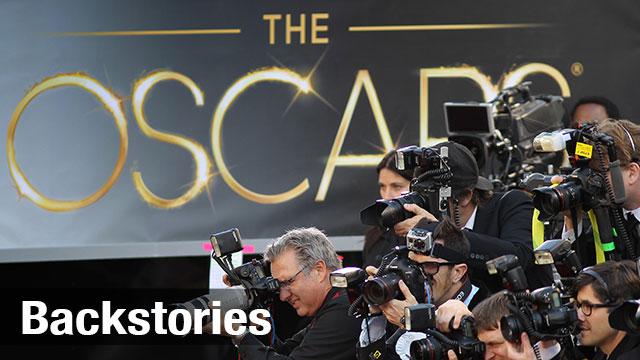The award ceremony, which takes place on February 24, is the US film industry's showcase event. It is broadcast in more than 225 countries and reaches hundreds of millions of viewers, according to the Academy.
While several Japanese films have won in the past, including Yojiro Takita’s "Departures" in 2008 and Hayao Miyazaki’s "Spirited Away" in 2003, it’s the first time that Japanese films have been nominated in two top categories--best foreign-language film and best animated film--in the same year.
Hirokazu Kore-eda’s live-action "Shoplifters" follows an unconventional family of Tokyo grifters who face the consequences of their criminal lifestyle. Mamoru Hosoda’s animation "Mirai" tells the story of a young boy who learns to share the love of his parents with his newborn sister.
"Mirai" is an animated fantasy, while “Shoplifters” is notable for its realistic depiction of Japanese poverty. But the common theme in both is family--a topic with enduring relevance in Hollywood.

"The family in 'Shoplifters' spoke deeply to me," says Warner Brothers executive Doug Montgomery, who is also the chairman of the nonprofit Japan America Society of Southern California. "I have an adopted son myself, so what I saw in the film, what the characters were going through to build their family and stay together, was something I could feel empathy for immediately."
Film historian Charles Solomon says the Japanese directorial tradition, which gives directors more creative control over movies than in America, is responsible for the nuanced family dynamics and unusual relationships seen in this year’s nominees.
"Japanese animation is more director-oriented than American animation," he says. "It's more about storytelling and less about the movement and mechanics of form, which is what Hollywood animation tends to excel in."
While they may have different strengths and sensibilities, the Japanese and American film industries are frequently providing inspiration for each other. "We’re always watching what they do," says Ian J. Coony, a lead animator at Disney who has traveled to Japan and visited Studio Ghibli. "Japanese directors tend to be more lyrical and more dreamlike than American directors. They're not afraid to let a scene breathe and to give shots more time. Their love of nature and their love of spirit is distinctive as well."

During his trip to Japan, Coony recalls, his Japanese counterparts were curious to know about his work on the Disney blockbuster "Frozen" which grossed more than US$1.2 billion worldwide and is the third-highest-grossing film in Japan of all time. "We heavily influence each other," he says.
A famous example of the back-and-forth transmission of ideas between Hollywood and the Japanese film industry starts with Ridley Scott’s 1982 science fiction film "Blade Runner," about a group of artificial humans who stage a rebellion against their human creators.
This movie was a key source of inspiration for the producers of the hit Japanese anime series "Ghost in the Shell", which deals with many of the same cybernetic themes.
"Ghost in the Shell" went on to inspire the Hollywood blockbuster "The Matrix", which in turn inspired its own animated spin-off "The Animatrix", a series of animated short films that draws upon the tradition of Japanese anime.
But the dialogue between Hollywood and Japan extends beyond storytelling into the science and technology of filmmaking as well. "So many photography and camera innovations come out of Japan," says digital media consultant Chris Bellaci. "The Japanese work we’re seeing in stereography, and in 3D tech that doesn’t make you feel sick after putting on the headset, is exceptional."
Despite the influence that Japanese entertainment has on the US, Hollywood insiders are still dubious about the prospects of an Academy Award win for either Hosoda or Kore-eda, due mostly to the politics of Hollywood.
"'Mirai' will not win the award," says one animation executive, who asked to remain anonymous. "Basically, everyone in the Academy who does animation is either an employee or used to be an employee of Disney, Pixar or DreamWorks. So a film that doesn’t come out of there has fewer voters. Unfortunately, no one who worked on 'Mirai' has a network in Hollywood."
"'Shoplifters' has a better chance of winning than 'Mirai,'" says freelance film critic Carlos Aguilar. "If the competition happens to win in other categories, 'Shoplifters' could sneak in for the win."

